historical

Four years of overhaul—the complex’s first major renovation since 1917—resulted in a state capitol worthy of the accolades it has received. The stonework received the 2021 Grande Pinnacle Award from the Natural Stone Institute, while awards for the total project streamed in from many trade organizations: the American Public Works Association, Building Design and Construction magazine, the American Council of Engineering Companies of Colorado, the Construction Management Association of America, and Engineering-News Record Mountain States.

Julia Manglitz, AIA, LEED AP, APT RP, has worked on several building types throughout her career: county courthouses, state capitols and office buildings, university campus halls and community centers. What makes each of these public buildings unique is they’re all landmarks in their communities. Another thing each of them has in common? Almost all feature locally or regionally-sourced natural stone.
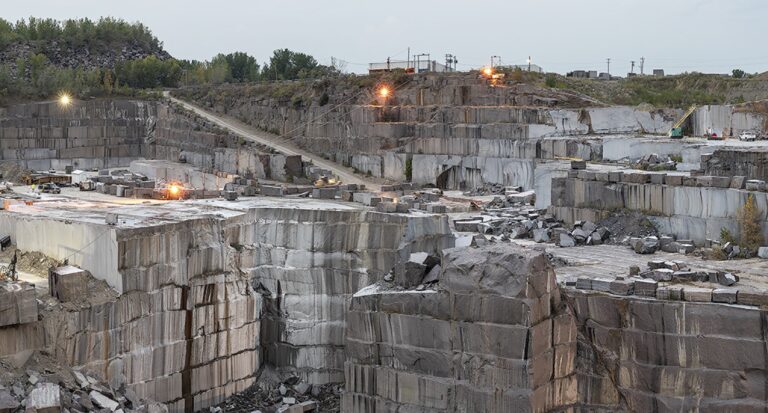
The formation of Dakota Mahogany marks the last time the Midwest endured a tectonic collision. Since then, seas have advanced and retreated across the landscape, the continents have rearranged themselves in different parts of the globe, and vast ice sheets grew, then melted, then grew again, over the course of several ice ages. After 2.6 billion years of erosion, the Midwest’s former mountain ranges have been worn down, leaving the landscape mostly flat. Through all of this, Dakota Mahogany sat patiently, waiting for its day in the sun.
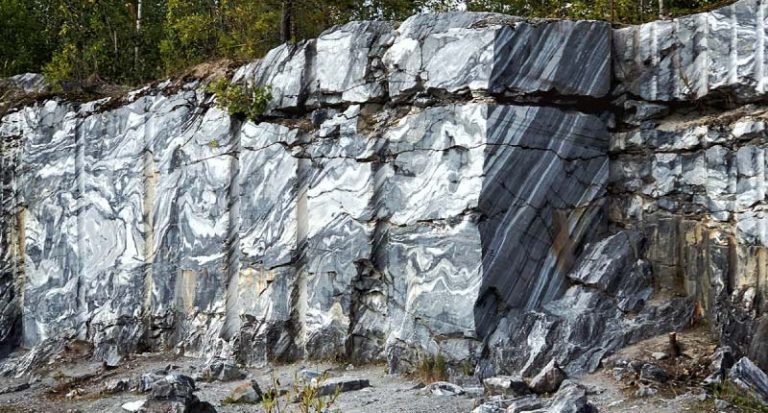
The use of natural stone on buildings and paving can be traced back to the beginning of civilization. No matter where you go, around the world you will find beautiful buildings and structures that are characterized by their use of natural stone.
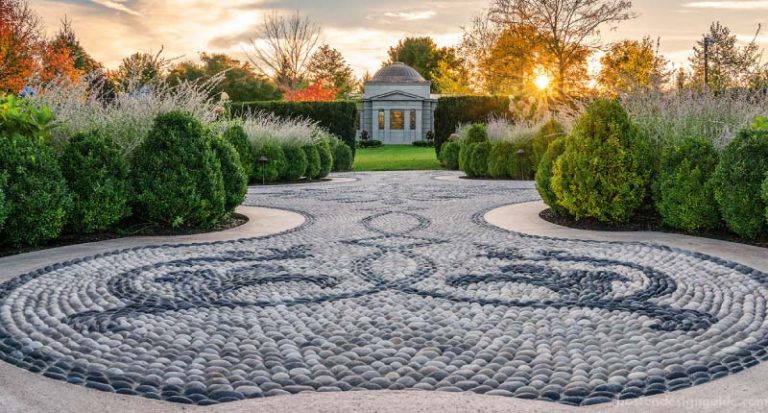
The palatial estate of Eric Boch Jr. has been over a decade in the making. Boch’s home in Norwood, MA exudes elegance and refinement. The property’s most recent addition is an elaborate but tasteful natural stone chapel and mausoleum designed by Eric Inman Daum, AIA.
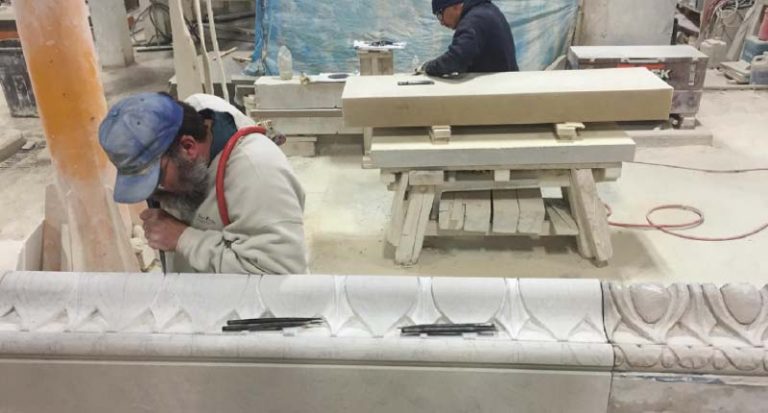
Given the significant extent of limestone spalling and deterioration of this landmark, a comprehensive rehabilitation program was prepared to restore the limestone as closely as possible to its original beauty and appearance,
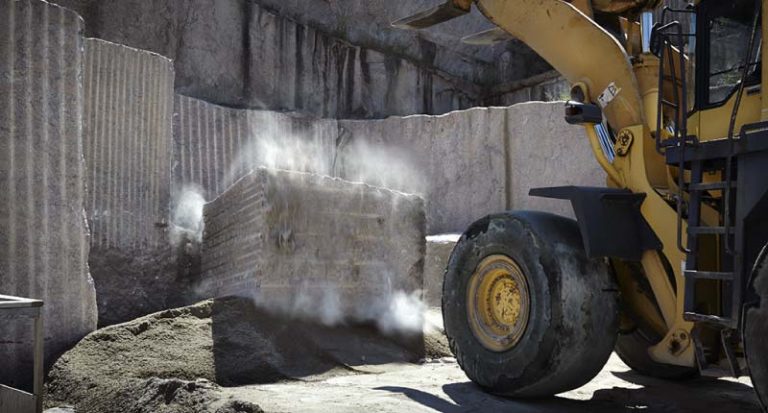
Every block of stone holds a story. Not just in its geologic past, but also in the ways that stone becomes part of human history. Behind every successful quarry is a collaboration between the forces of nature that created the stone, and human inventiveness that built it into a successful venture.

With outstanding monuments and some of the world’s best museums and cultural institutions, Washington, D.C. is a must-see destination. Many of the historic and important structures in Washington, D.C. are made of stone from America’s greatest quarries.
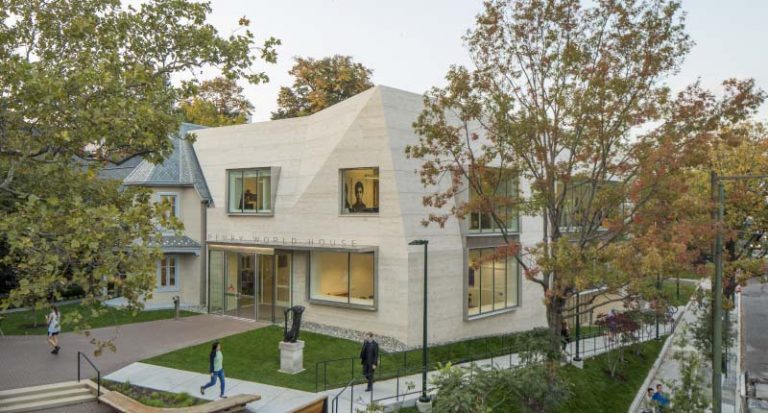
The 17,400 square foot academic building features limestone cladding inside and out. It received a Pinnacle Award in the Commercial Exterior category, “an amazing transformation of a declining historic house into a vibrant modern jewel of an office building.”
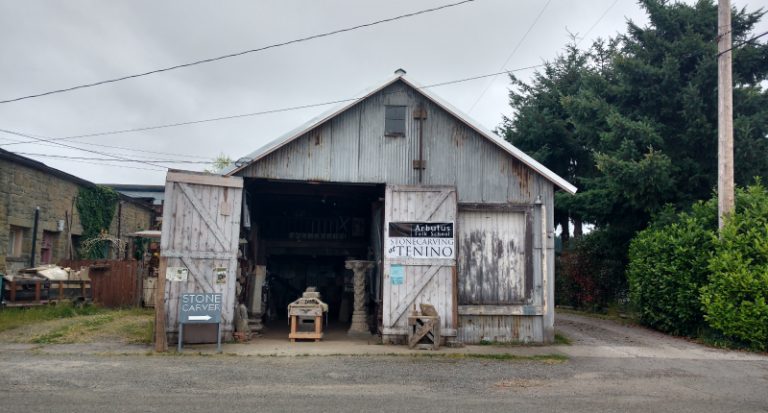
Sandstone heritage lives on through the work of master stone carver Keith Phillips who uses traditional hand tools to carve stone at a modest workshop known as The Shed, he is passing on his skills to a new generation of Tenino stone carvers.
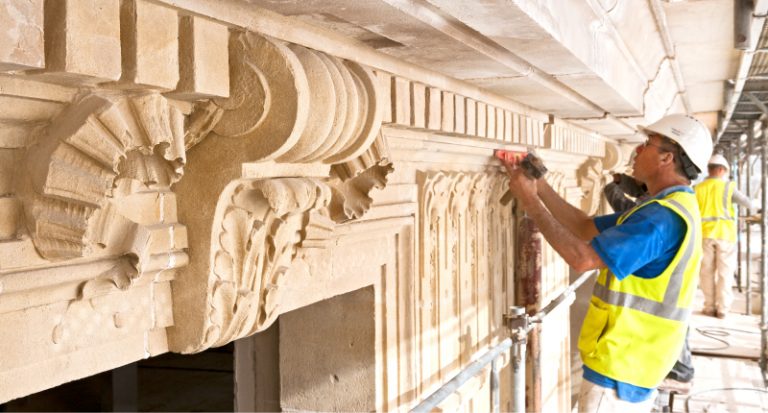
After an exhaustive 4-year renovation of The Peninsula Paris, the century-old building took a giant leap back to reclaim its rightful place among the city’s most impressive architectural structures.

The stone monument incorporates 27 varieties of marble and has been considered “one of the finest marble installations in the United States” in a story published in Through the Ages trade magazine in 1926.
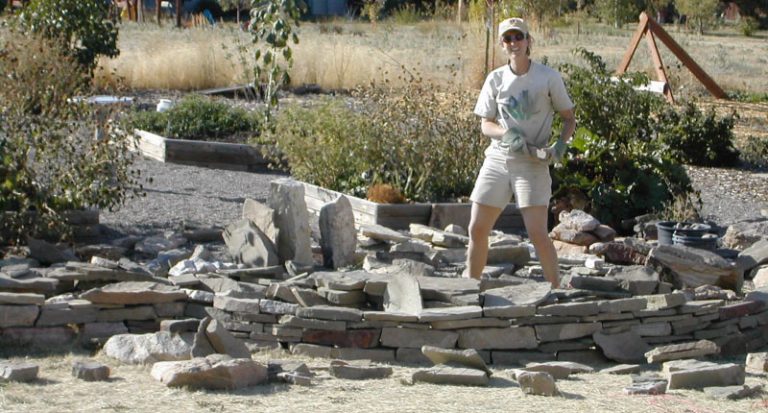
Instead of just stacking the stones any which way they fit together, this geologist/home owner decided to create her wall using the stones in order of their geological ages.

An architect’s love of the history and artistry of homemade stone walls.

Washington, DC is home to some of the most well-known stone structures in the United States.

Natural stone stands the test of time—these famous buildings are proof.

An abundance of natural stone is found worldwide. Learn how different types of natural stone have been used throughout the years.

Natural stone has been used as a building material for centuries. Learn where it all began.
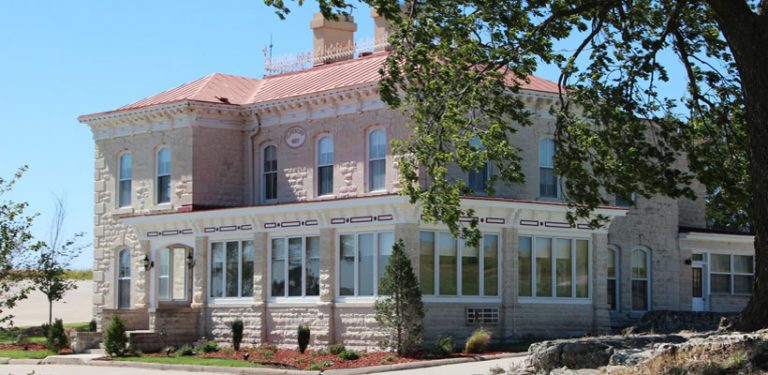
Many 18th century homes still exist because of the durability of natural stone.
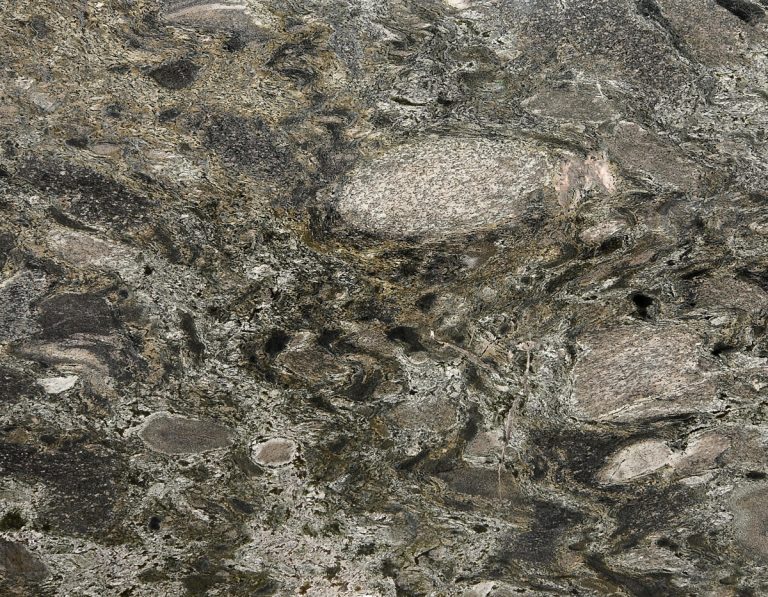
What took place millions of years ago can bring appreciation for selecting stone.
